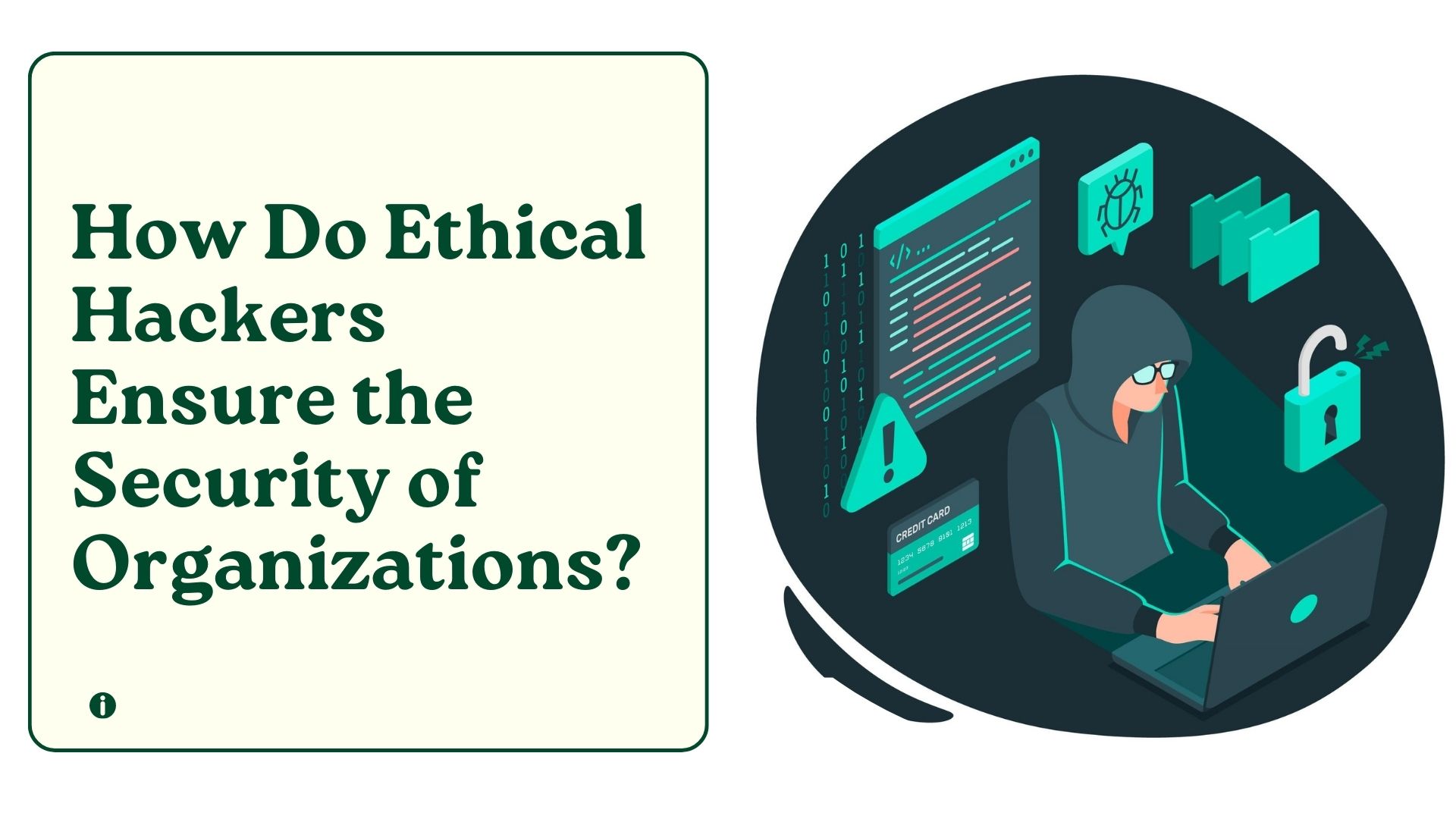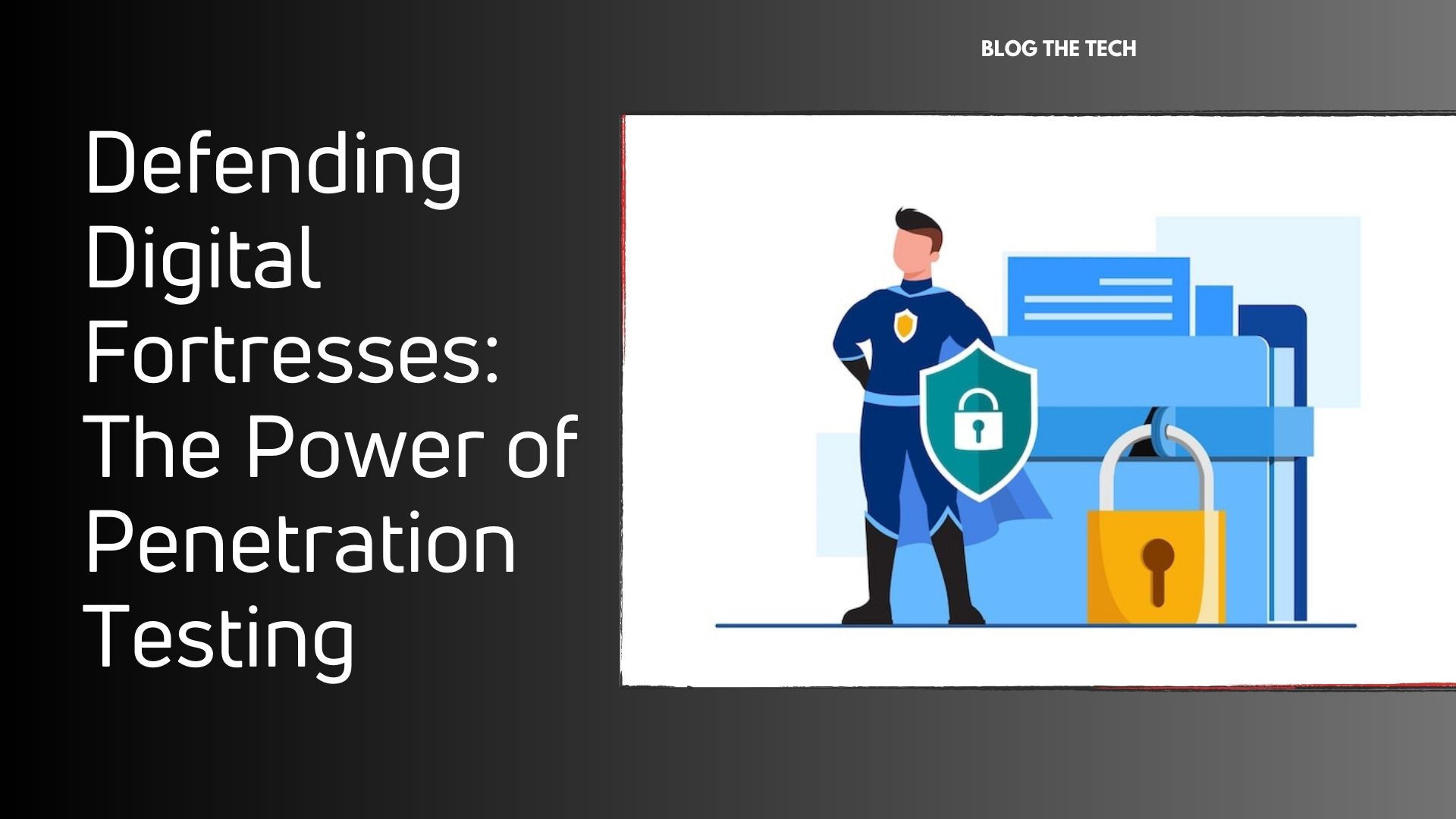Do you realize how monumentally the cybercrime rate is increasing every minute with the growing advancements in the technical realm? Well, it is evident from the increasing demand for ethical hackers required by almost every organization today! Let’s find out what ethical hackers go after to ensure these security aspects nowhere but in this blog.
What is an Ethical Hacker?
An ethical hacker, also called a white-hat hacker or an information security expert, knows a lot about computer structures and network security. Ethical hackers use their knowledge to find flaws and holes in networks, systems, and apps. This helps companies improve all aspects of cybersecurity.
Ethical hackers work with the authorization of the system’s administrator or group. CyberGhost highlights that ethical hackers practice a code of rules and stay within the law when doing their assessments. Malicious hackers, on the other hand, take advantage of security flaws to make money or cause harm.
An ethical hacker’s main objective is to find systems’ weaknesses before criminals can use them. They use penetration testing, vulnerability surveys, and phishing to mimic real-world threats and find holes in security controls.
Security Measures Ensured by Ethical Hackers in Protecting Organisations
- System Strengthening
Hackers are paid by terrorist organizations to break into computer systems, either to compromise national security or to steal money by installing malicious software. Consequently, businesses have an ongoing need to enhance both the preventative and corrective aspects of their cybersecurity procedures and systems. Ethical hackers are computer experts working with companies to improve network security.
- Early Prevention
No matter how large or small, any business is susceptible to being crippled or even destroyed by cyber-attacks. Hackers that practice ethical hacking know-how threat actors operate and how they might use new methods to attack systems. Security professionals that work together with ethical hackers are better able to prepare for future attacks because they can react more swiftly to changing cyber threats.
- Port Scanning
Ethical hackers use port scanning tools such as Nmap and Nessus to examine an organization’s computer systems and find any open ports. It is possible to research each of these ports’ vulnerabilities and implement remedial measures.
- Employ Hacking Techniques
Hackers with a moral code exhibit techniques that malicious hackers use. These examples show the many hacking techniques that malicious hackers may use to penetrate their networks and disrupt their activities. Therefore, for businesses to stay better prepared to resist such invasions, they have a comprehensive grasp of attackers’ techniques.
- Security Measures
Ethical hackers are the ones who are in charge of getting beyond security measures such as intrusion detection systems (IDS), firewalls, and other similar technologies. They probe networks, decrypt wireless networks, breach wireless encryption, and take control of online servers and applications.
- Mitigation Strategies
Hackers with a moral code research potential security risks and design mitigation strategies. Malware is software that, once it reaches its intended server, gives an attacker total or restricted control over an item. Malware may also be called malicious software. They might cause damage to or make changes to the structure of the host system to assist an intruder in obtaining or deleting specific information.
Ethical hackers use social engineering tactics such as dumpster diving, which involves rummaging through trash cans for sensitive information such as passwords, post-it notes, charts, and any other object that may hold the information required to initiate an attack.
- Patch Installations
Ethical hackers are the ones responsible for checking that patches have been installed correctly. They make sure that patch installations are not open to the possibility of being exploited. Companies often utilize examination as a method for evaluating not just the hacking process but also the performance of their employees. The majority of the time, the manager is the one who decides who the employee is. It is common practice to schedule a meeting to discuss the installation’s assessment process.
Ethical hacking requires hackers to leave no evidence of their activity since every attacker strives to avoid being discovered. This approach ensures that the perpetrators of the assault will leave no evidence that can be used to identify them. This is a crucial factor since ethical hackers are required to maintain communication with the system while avoiding being discovered by the forensics team or the incident response team.
Bottom Line
Ethical hackers are essential for the protection of digital systems because of their ability to anticipate and locate weaknesses. Their knowledge enables firms to improve their security procedures, secure sensitive data, and remain one step ahead of unscrupulous hackers, resulting in a safer digital environment.




